I spent years hunting down a rare copy of Windows 95 anime adventure Dinosaur Island, and it's still so candy cute it makes my teeth hurt
Funny, not fossilised.
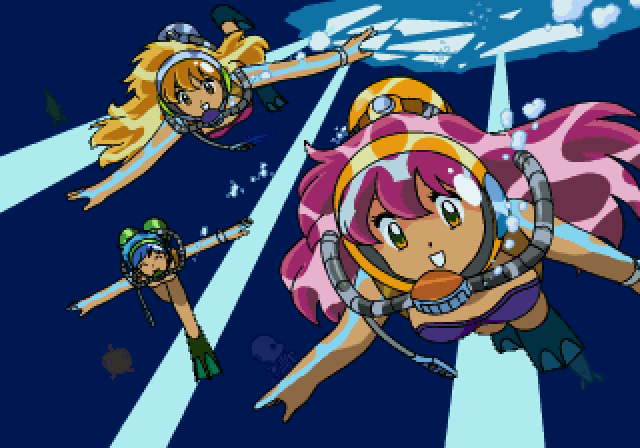
Pasokon Retro is our regular look back at the early years of Japanese PC gaming, encompassing everything from specialist '80s computers to the happy days of Windows XP.
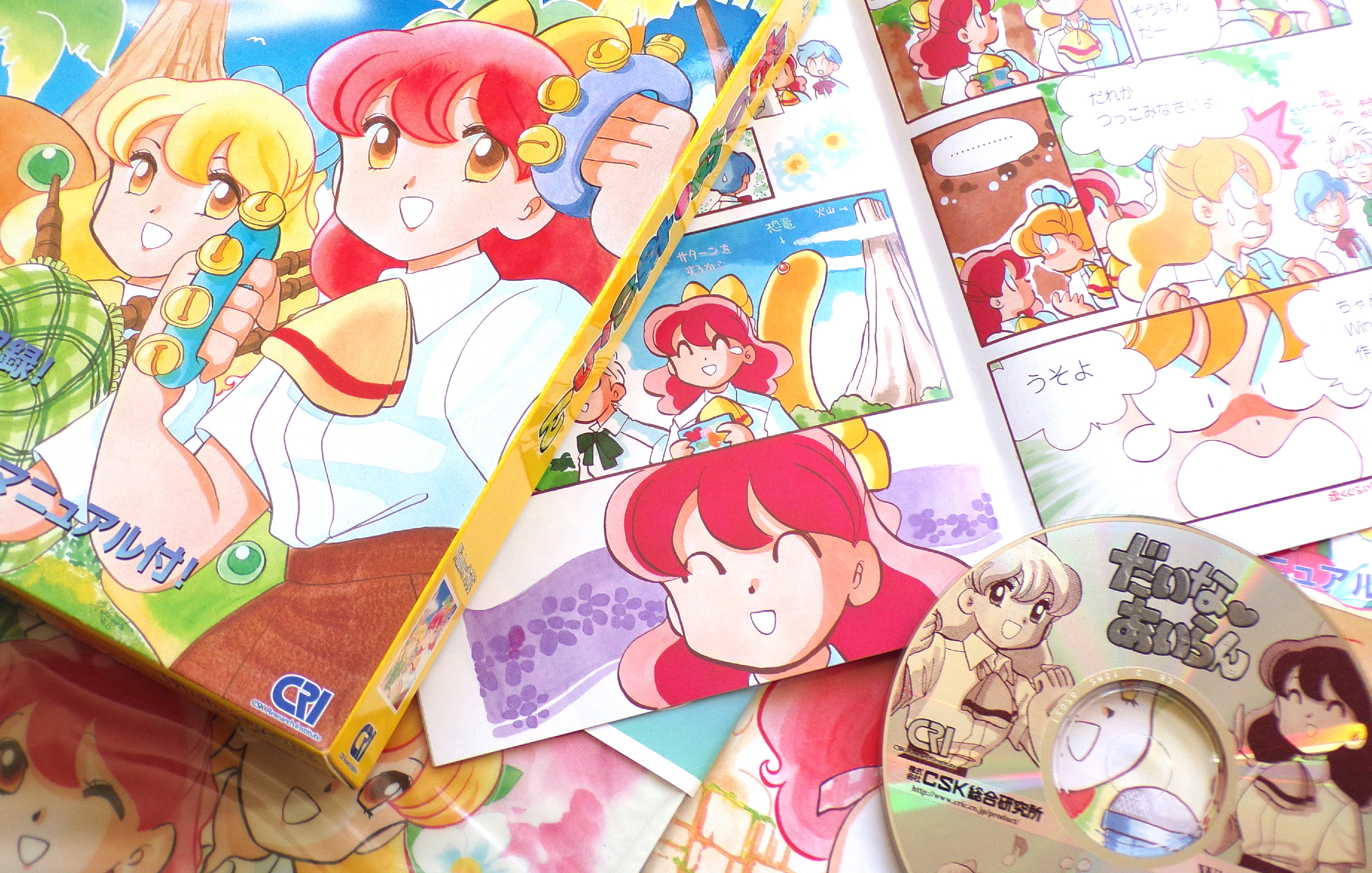
If someone stuck dinosaurs, rainbows, and glitter in a blender and then slathered the resulting boldly coloured mush all over a CD they'd probably end up with something that looked like Daina Airan (Dinosaur Island), a lightly interactive digital adventure that answered the burning question on every gamer's lips in 1997: "What if The Flintstones was so cute just looking at it made my teeth hurt?"
Izumi Takemoto's distinctive style of sweet weirdness isn't for everyone even when it's not telling a funny story about dinosaurs influenced by the power of music and the schoolkids learning how to handle them. But it's definitely for me, and ever since I fell in love with the original Saturn version of this game several years ago I knew I had to track down its ever-so-slightly-sharper PC port (with added illustrated mouse mat, if I was lucky) and make it mine.
I didn't know when I fell in love with Dinosaur Island just how much of a hassle it'd be to actually find a PC copy. It's not hard to buy in the way some retro games can be, where popularity and prestige mean rare copies are fought over on auction sites until they end up costing more than a car. Dinosaur Island just doesn't seem to ever pop up for sale at all.
So when I saw it years later while browsing one of my favourite Japanese shopping sites—just for sale, not in an auction I'd have to watch for a week and then lose in the last 10 seconds—I jumped on it faster than a clever girl on an unsuspecting raptor hunter. I'm, um, not even sure how much I paid, it all happened so fast. It's probably fine, so long as I don't look at my bank statements for a few months.
When Dinosaur Island arrived, one eye-watering import tax charge later, I groaned. It's a Windows 95 game. That's not a shock for the time it was released, but it did mean the install process was probably going to be painful.
"Spending hours scouring the internet for a vital fanmade compatibility patch only to realise the only link to it died five years ago" kind of painful.
Keep up to date with the most important stories and the best deals, as picked by the PC Gamer team.
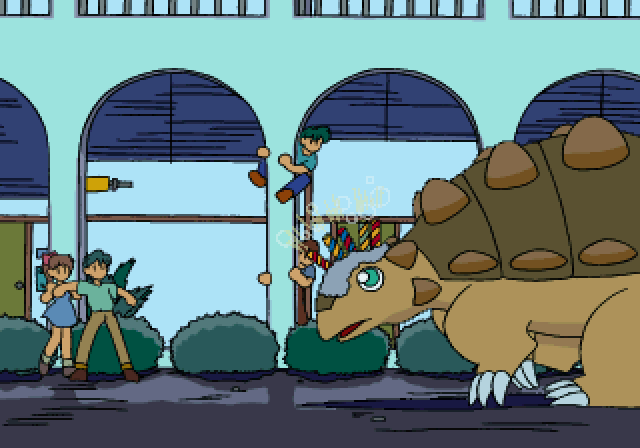
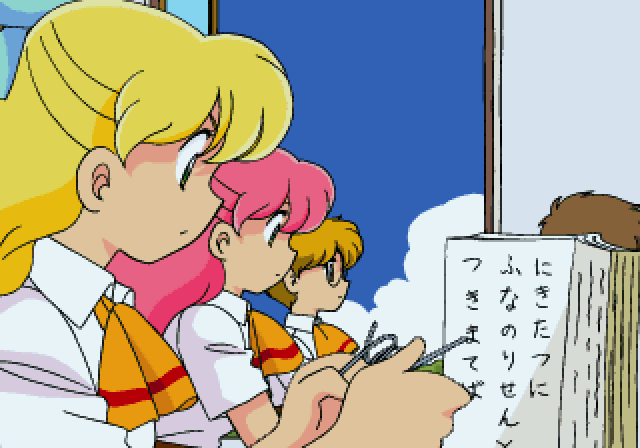
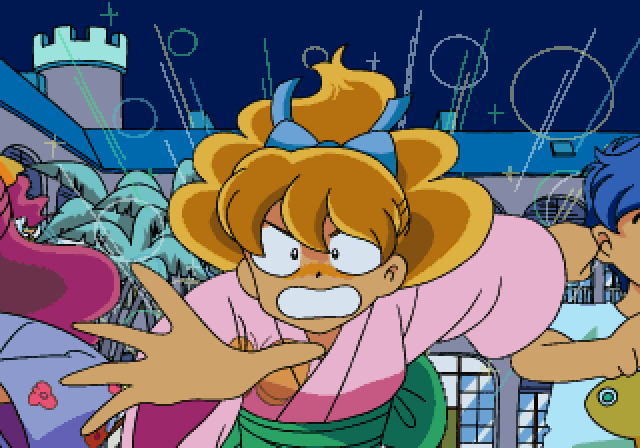
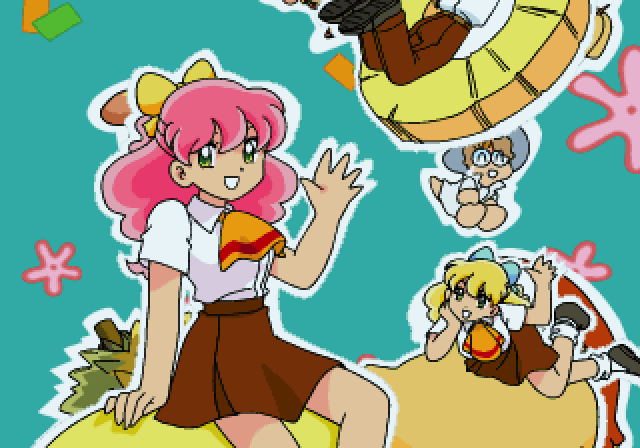

"Gritting my teeth and digging out the ancient laptop I keep for this sort of emergency" levels of torture.
"Arranging a ritual circle made up of old Voodoo cards during a blood moon" trials mired in woe.
But this game—proving I could somehow love it more than I already did—just works. It just works straight out of the box, on Windows 11. On the same hardware I was playing Alan Wake 2 on, raytraced up to its creepy musical eyeballs, the day before.
25 years after its PC debut and running on hardware that didn't exist when it was created, Dinosaur Island still looks as sweet as freshly spun candy floss. Every colour is as vivid as those in the Saturday morning cartoons of my memories, and the animation is easily on par with any great traditionally animated show from the same era.
How did an adventure game look this sharp back in 1998, avoiding the grain of early FMV or the fuzz that comes from displaying scans of pen and pencil drawings resized with '90s tech? By keeping things simple—at least on the surface. Everything on the screen is plain old pixel art. Pixel art taken to an almost unthinkable and definitely unsustainable extreme, but still, everything shown is "just" lots of little coloured squares moving in unison.
The only thing in here that's anything less than deliciously lavish is the interactivity. This isn't a traditional point-and-click experience, but more a string of short animated sequences that occasionally pause so I can decide what happens next. I should probably be annoyed that as the player I'm something of an afterthought here, but to be honest I'm too busy laughing at the sight of pink-haired protagonist Emily trying to play the ukelele on the back of a dinosaur, or the adorable hi-jinks that ensue after some fireworks are accidentally planted on top of a buried dinosaur's head, to seriously care about how long it's been since I last exercised my mouse-clicking finger.
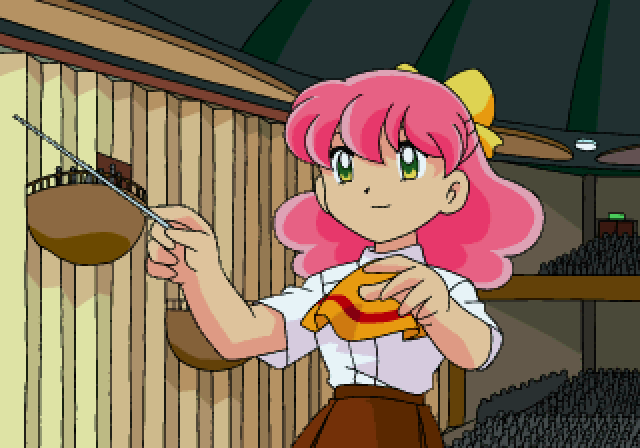
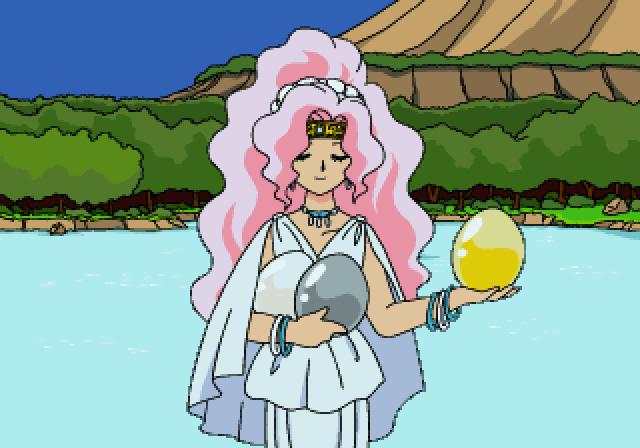
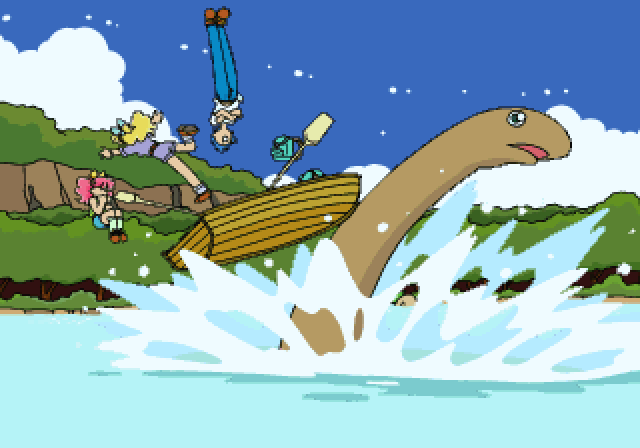
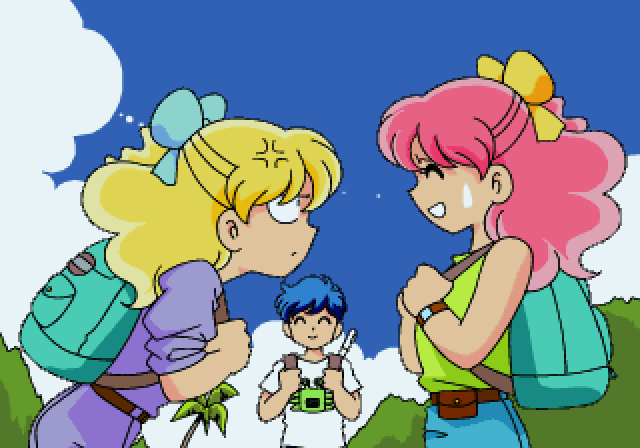
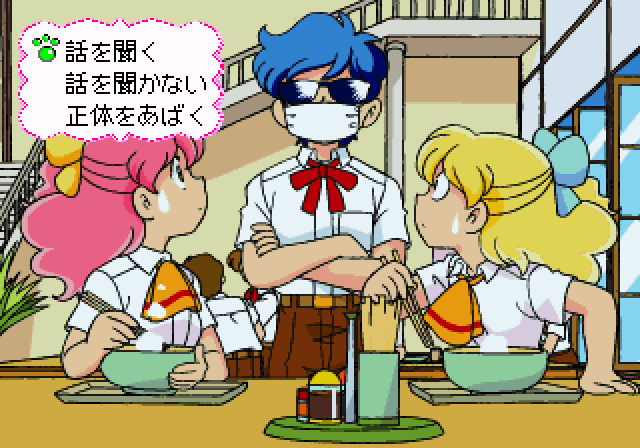
Besides, when these choices do come up, they really do matter. If I urge the bright haired cast to go off to the seaside then they really will go off to the seaside, instead of making me sit through a ridiculous "Hmm… the beach does sound nice but… how about the forest?" clip that a more linear game might stick me with. If I choose to have them laugh instead of clap in response to someone else then that's exactly what I'll see happen. And I never have to worry that I'm about to waste 10 minutes watching my way into a pointless dead end either, because every single decision, no matter how silly the outcome, always moves the action one step closer towards its sitcomy conclusion. All I have to do is sit back, relax, and enjoy the show.
Daina Airan may have all the substance of a summer cloud and only takes about as long to play through as a short stack of '90s anime OVA tapes do to watch, but when measured in terms of smiles-per-minute it's a tough one to beat. Sometimes a game doesn't need to be epic or clever or challenge my reflexes, it just needs to make me feel happier for having seen it—and this game definitely does that.

When baby Kerry was brought home from the hospital her hand was placed on the space bar of the family Atari 400, a small act of parental nerdery that has snowballed into a lifelong passion for gaming and the sort of freelance job her school careers advisor told her she couldn't do. She's now PC Gamer's word game expert, taking on the daily Wordle puzzle to give readers a hint each and every day. Her Wordle streak is truly mighty.
Somehow Kerry managed to get away with writing regular features on old Japanese PC games, telling today's PC gamers about some of the most fascinating and influential games of the '80s and '90s.

